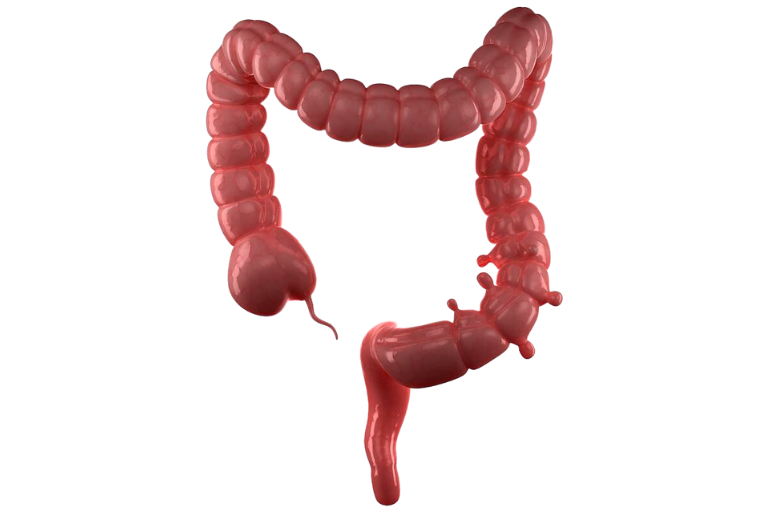What is Diverticular Disease?
Diverticular disease affects the small pouches or pockets known as “diverticula,” which are located in the digestive tract. When the inner layer of the digestive tract pushes through weak regions in the outer layer, a bulge or pocket can form in the lining of the colon or the large intestine. This often happens when the colon or large intestine is empty.
Common diverticular disorders, such as diverticulosis and diverticulitis, can be traced back to the presence of diverticula in an individual’s gut.
Symptoms of Diverticular Disease
The primary symptom of diverticular disease is the discomfort that is linked with diverticulitis, which is intense and continuous rather than mild and intermittent.
This infection and inflammation of your diverticula might come on abruptly and without any warning, but it is most likely to happen if you have had some symptoms of diverticulosis in the past.
Having stated that, some indications of an inflammation of the diverticula include the following:
- Constipation and/or diarrhea may be present
- Tenderness or painful cramping in the bottom region of your abdomen
- Chills or fever; you could acquire a temperature (fever) of approximately 38 degrees Celsius (100.4 degrees Fahrenheit) or higher
- A pervasive sense of exhaustion and malaise in general
- Having nauseating feelings and/or throwing up
- Bleeding in the rectal area: There is an association between diverticular disease and rectal bleeding that is either heavy or persistent in one in twenty cases of diverticular illness. In this scenario, the diverticula can cause the blood vessels in your colon to become more fragile, which increases the risk of damage occurring to those blood vessels. Even though bleeding is typically painless, a blood transfusion could be necessary in cases of substantial blood loss.
You can also read: What is Colon Cancer? Treatment and Symptoms
How is diverticular disease diagnosed?
Your medical history, including things like bowel habits, symptoms, nutrition, and medications you are currently taking, will be the first thing your doctor will want to know about you. After that, a physical examination will be carried out, which may involve an examination of the abdomen. If it is necessary, they will also prescribe one or more diagnostic tests, such as blood tests and CT scans, among other possible procedures.
Conclusion
It is imperative that you make an appointment with a gastrointestinal surgeon like Dr. Avadh Patel as soon as possible if you become aware that you are displaying signs of diverticulitis.

